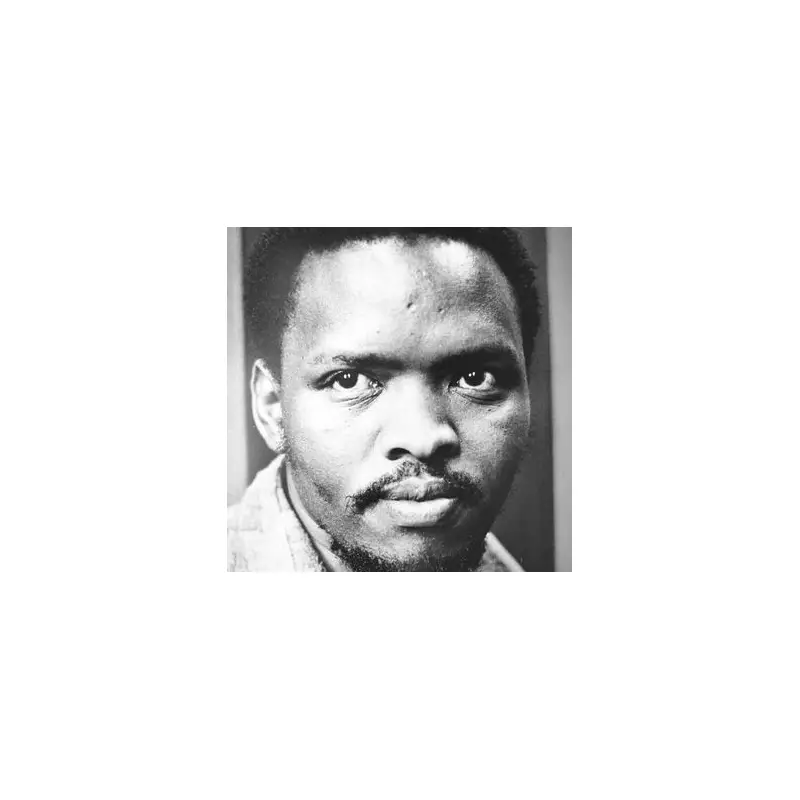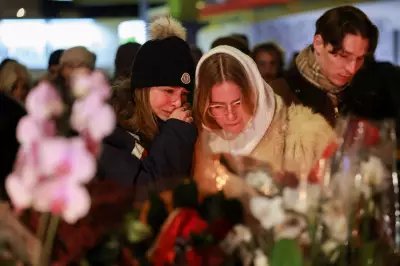
In a seismic decision that could rewrite a dark chapter of South African history, the National Prosecuting Authority (NPA) has officially reopened the inquest into the death of anti-apartheid martyr Steve Biko. The move signals a powerful attempt to finally uncover the full truth behind the brutal killing of one of the nation's most iconic freedom fighters.
Stephen Bantu Biko, the founder of the Black Consciousness Movement, was just 30 years old when he died in police custody on September 12, 1977. He had suffered a catastrophic brain injury during interrogation by the security police of the apartheid regime.
The original 1977 inquest, a sham by modern standards, concluded that no one was responsible for Biko's death. The presiding magistrate infamously ruled that he had died of a hunger strike, a claim thoroughly debunked by medical evidence and global outrage. This verdict shielded his captors from prosecution for decades.
New Evidence Demands a New Inquiry
The push for a new inquest was spearheaded by the Steve Biko Foundation and the National Prosecuting Authority. They have cited the discovery of new evidence and the emergence of previously hidden facts that were deliberately suppressed during the apartheid era.
This includes potential new witness testimonies and fresh analysis of the forensic evidence surrounding Biko's fatal head injury. The original pathologist, who controversially supported the police's version of events, is also expected to be re-examined under the new inquiry.
A Quest for Justice and Healing
For the Biko family and a nation still grappling with the wounds of apartheid, this is more than a legal procedure. "This is a pivotal moment for justice and historical reconciliation," a spokesperson for the NPA stated. "We have a moral and legal obligation to pursue truth, no matter how long it has been obscured."
The reopening of the case has been met with widespread acclaim from human rights organisations and historians. It is seen as a critical step in addressing the countless unsolved crimes of the apartheid era, offering a chance for long-denied accountability.
While the five security policemen directly involved in Biko's interrogation have since died, the new inquest aims to formally correct the historical record and provide a definitive account of the events that led to his death. The findings could also have profound implications for other unresolved cases from that period, setting a powerful precedent for justice.





